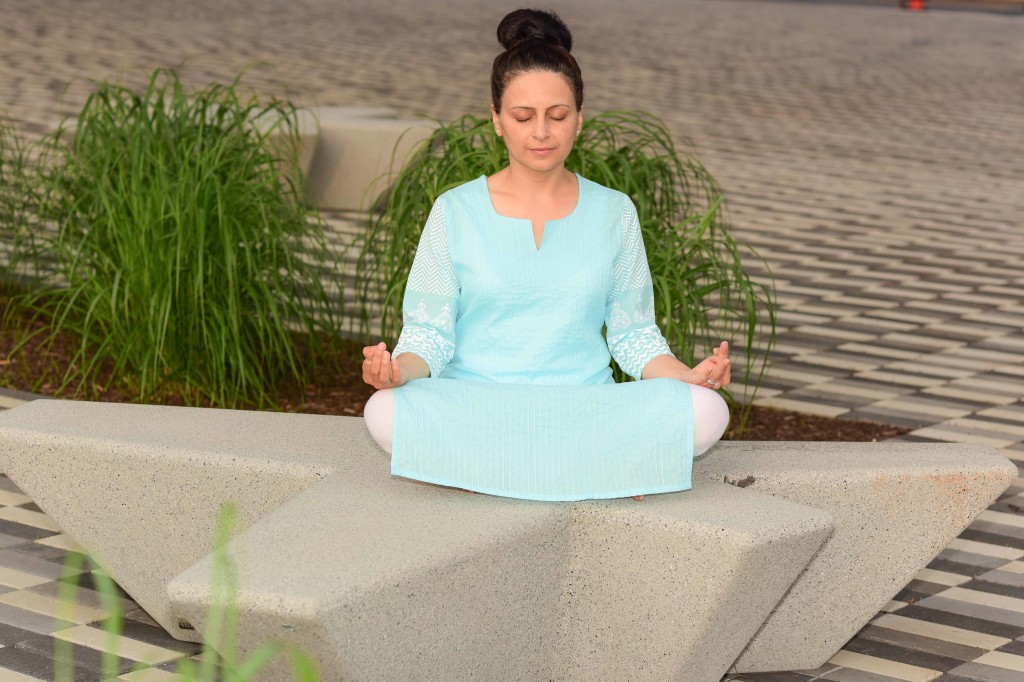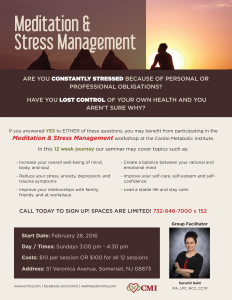
As we discussed in the last post, self-care is incredibly important for mental, emotional, and physical health. Neglecting our well-being can negatively impact the well-being of those around us like our friends, our family members, and our colleagues. While some people might claim that practicing self-care is narcissistic but now we know that benefitting our own state benefits others.
If you’ve ever flown in an airplane, you’ve likely heard the pre-flight announcement that says, in so many words, “In case of an emergency, an air mask will fall down from the compartment above you. Please adjust your own mask first before attending to the needs of your children or seatmates.”
Your children may not be able to figure out their air masks, and if you attempt to help them before your own is in place, you might pass out before you get theirs on. If, however, you calmly secure your own mask first, you will then be conscious and able to assist your children with theirs.
If we are coming apart at the seams mentally and emotionally, we will not be best able to help those whom we love and care about. Showing ourselves love will allow us to show others love, and it will set a good example for our children, who learn a great deal from us and tend to copy our behaviors.
In general, adding self-care habits to your life should not cause you financial hardship, and the next ten suggestions for ways to incorporate self-help into your normal routine are mostly free, although some may require a small amount of money:
- When we exercise we release, Serotonin and Dopamine they play a big part in our overall happiness. Engage in a physical activity of your choice—Hatha Yoga, walking, running, swimming, bicycling, Zumba etc.—and put in a solid effort so that your heart rate is elevated and you maybe even start sweating.
- Take a class. Think of something that interests you that you don’t normally do, it’ll increase your brain plasticity —learning new language, painting, gardening, cooking, basket weaving, pet agility, etc.—and learn how to do it better.
- Help someone. Lend a hand to the woman crossing the street, go shopping for your elderly neighbor, or volunteer at a non-profit organization. By helping someone your Endorphin and Oxytocin levels will increase.
- Soak in the bath. Fill your tub with hot water, add in scented bubbles, and relax until your fingers and toes start to become prunes. Water hydrates our skin and is very relaxing.
- Pet a dog or a cat. Give love and caresses to a friendly animal, especially if it’s one from your local animal shelter.
- Cook for fun. Find a recipe you’ve been wanting to try, and put time and care into making it rather than simply throwing something together in a rush.
- Meet a friend. Invite one of your positive, funny pals over for wine and cheese, tea and crackers, or coffee and pastries.
- Watch a movie. Check out the latest feel-good flick on Netflix or Hulu, and get lost in an uplifting story for a couple of hours. For me true stories do the trick.
- Look at a beautiful photo. Let your eyes linger on a professional photograph or one you took that makes you smile. It helps the brain to relive the happy memories.
- Play a game. Go back to the chess board, deal a round of poker for you and your friends, try Solitaire on your computer, or join the kids for an evening of Monopoly.
The third and final post in The Importance of Self-Care series will provide you with ten more ways to add self-care habits to your life, including the easiest one of all, and one anyone can do virtually anywhere, any time.


 Happy Valentine’s day!!
Happy Valentine’s day!!
 Most of us will agree that raising children can be incredibly difficult, perhaps the most difficult task in life. We know that all children are different—from each other as well as from their parents, even if they share some of the genetic makeup of both sets of Grandparents, Mom, Dad, Sister, or Brother. There is no set way to raise children, no one parenting style that works for every parent and every child. There are, however, tips that professionals and parents alike deem reliable and valuable in most scenarios, with most children.
Most of us will agree that raising children can be incredibly difficult, perhaps the most difficult task in life. We know that all children are different—from each other as well as from their parents, even if they share some of the genetic makeup of both sets of Grandparents, Mom, Dad, Sister, or Brother. There is no set way to raise children, no one parenting style that works for every parent and every child. There are, however, tips that professionals and parents alike deem reliable and valuable in most scenarios, with most children.